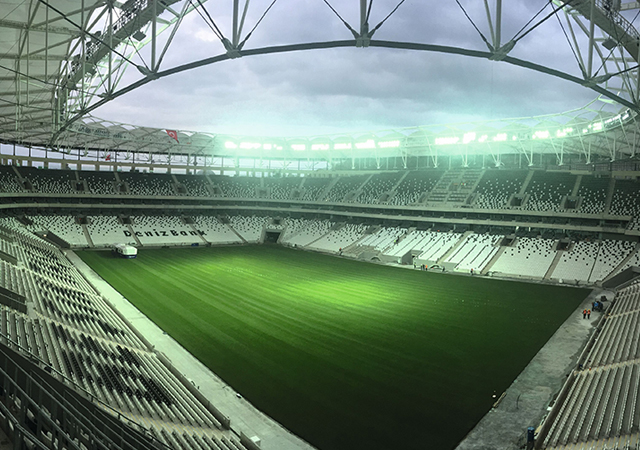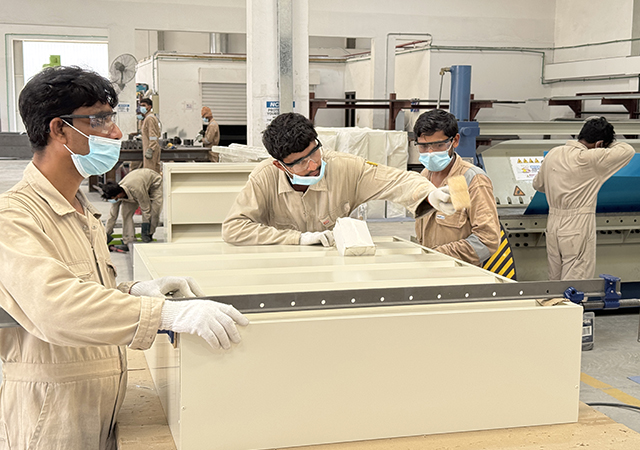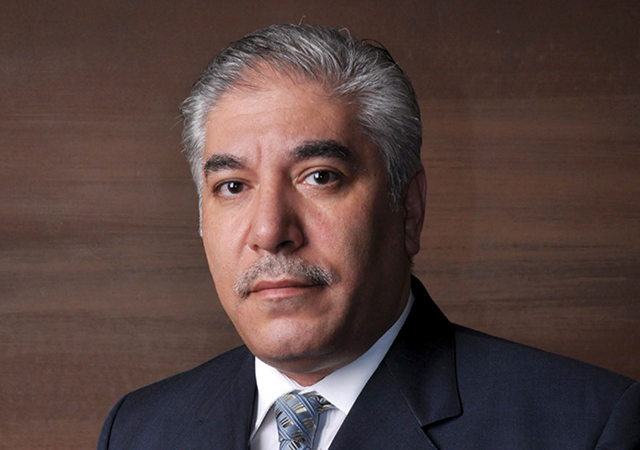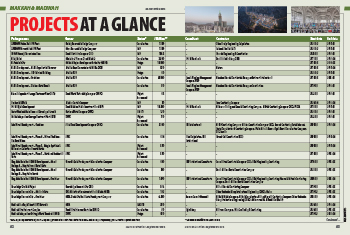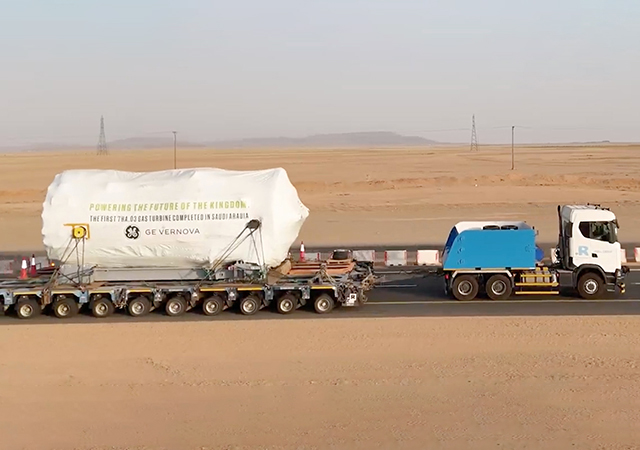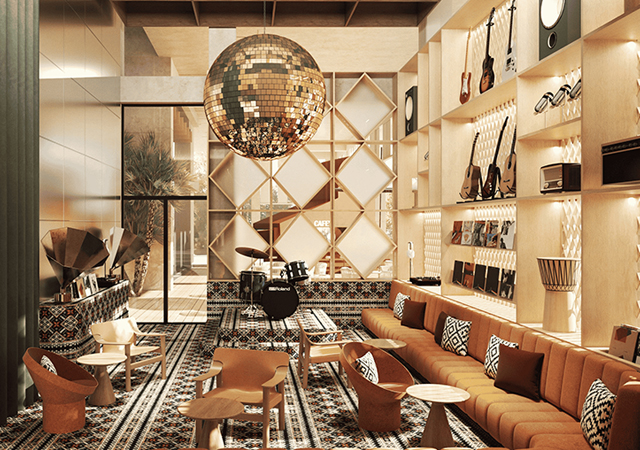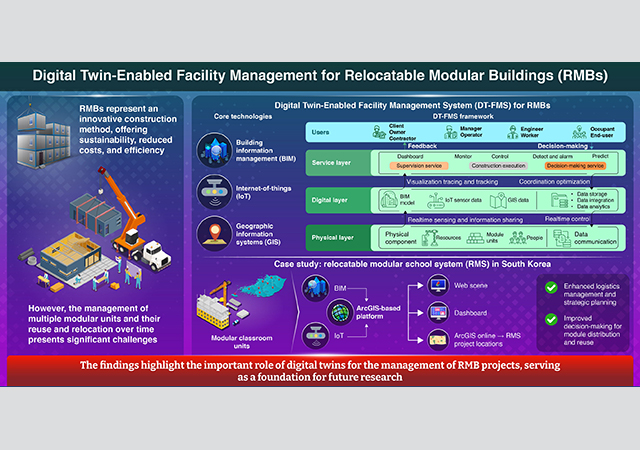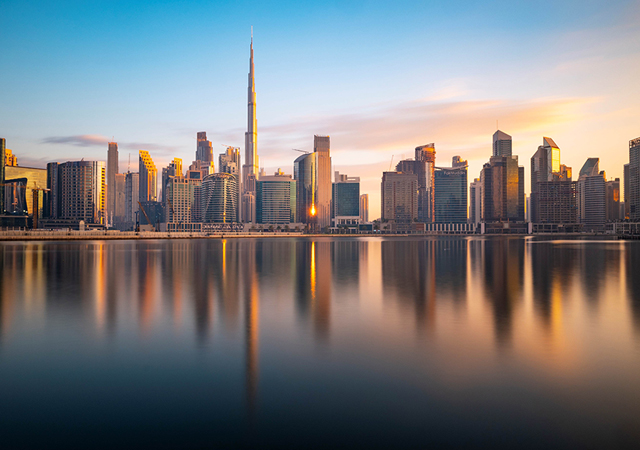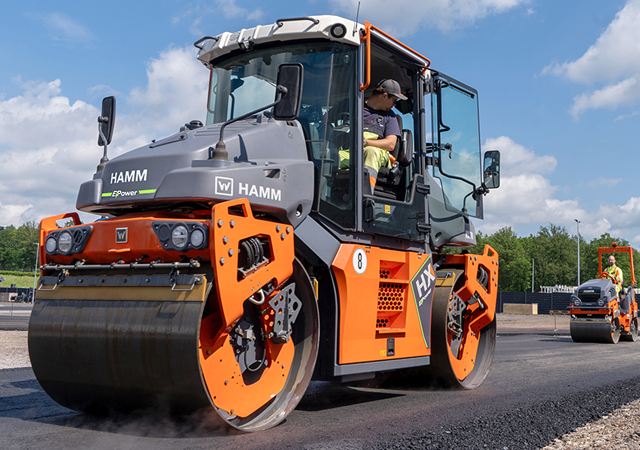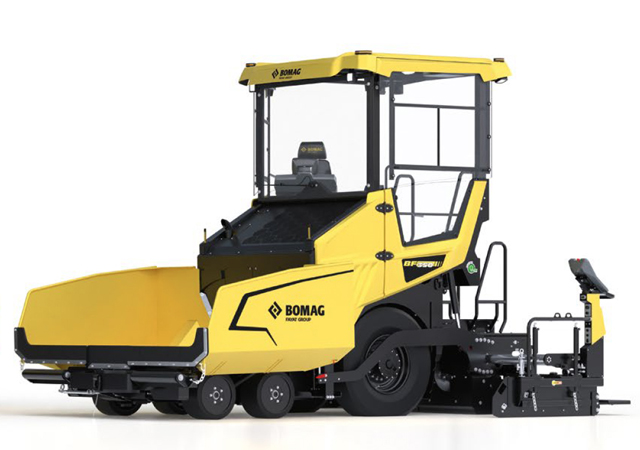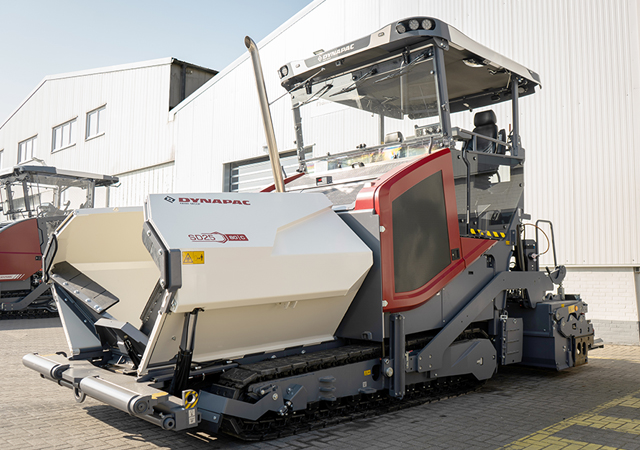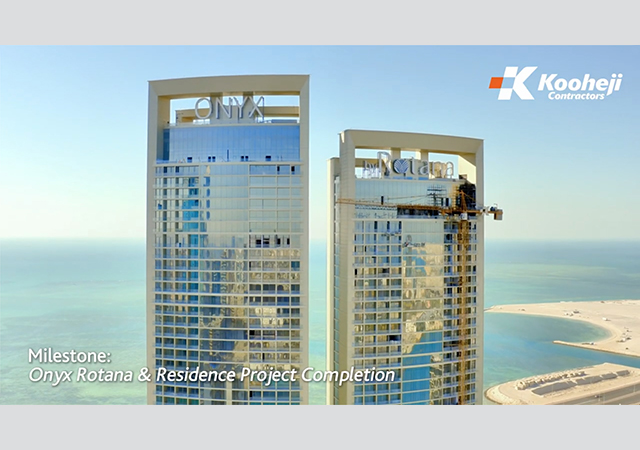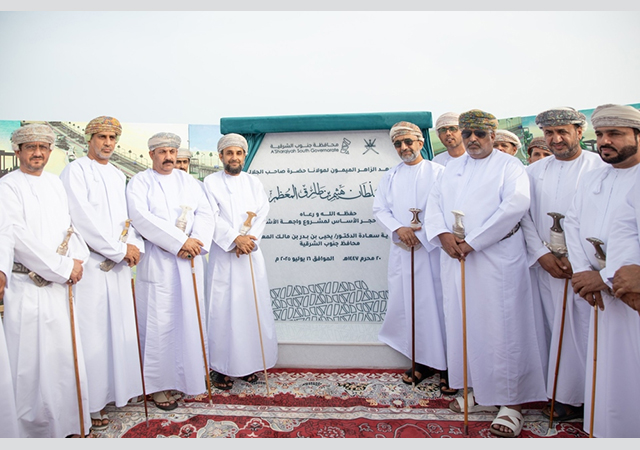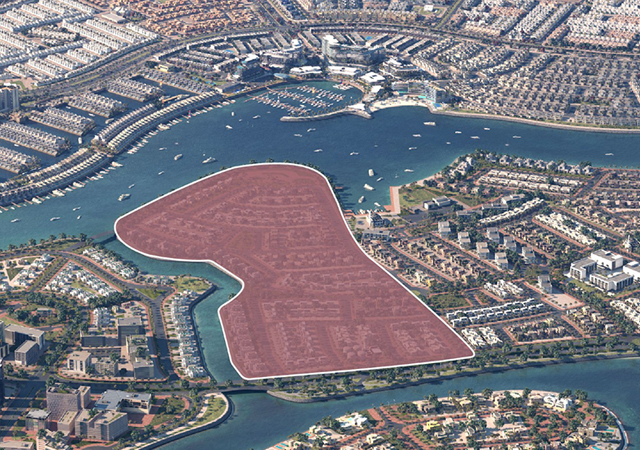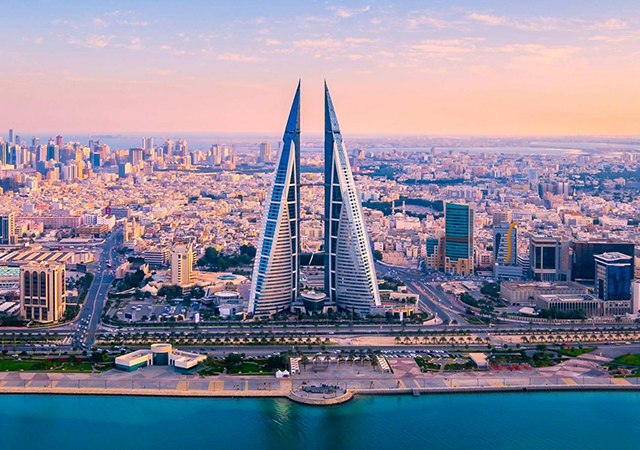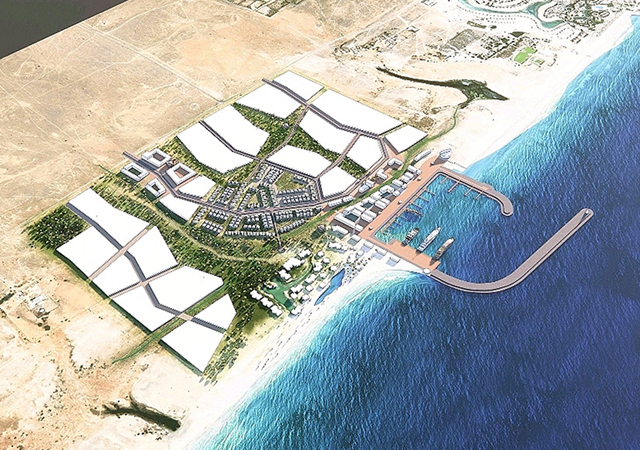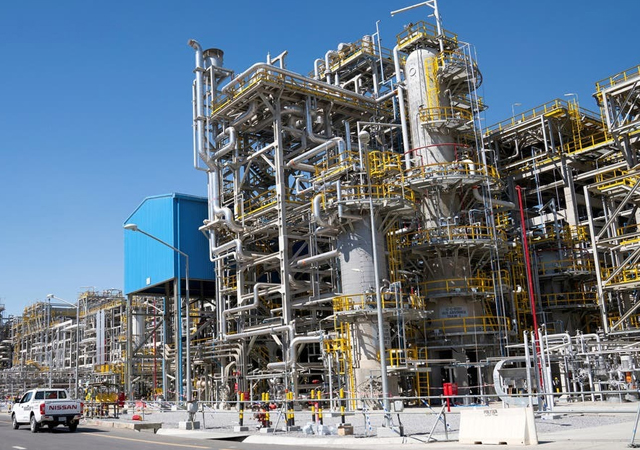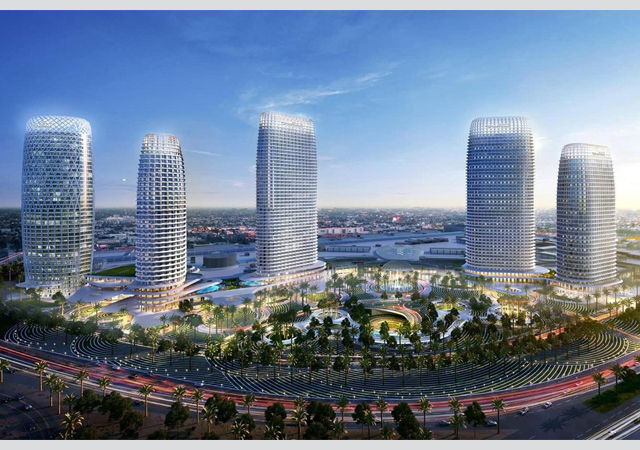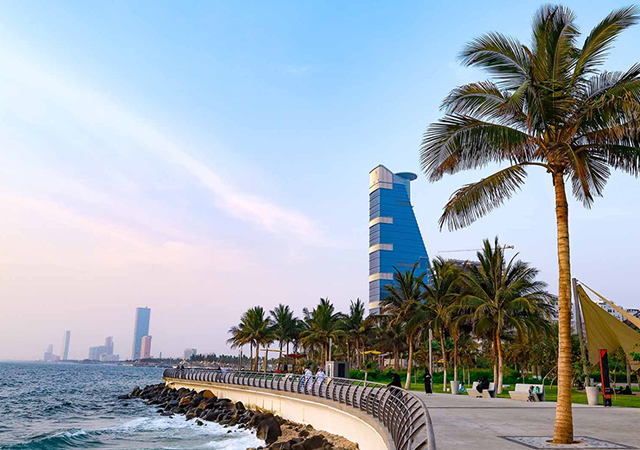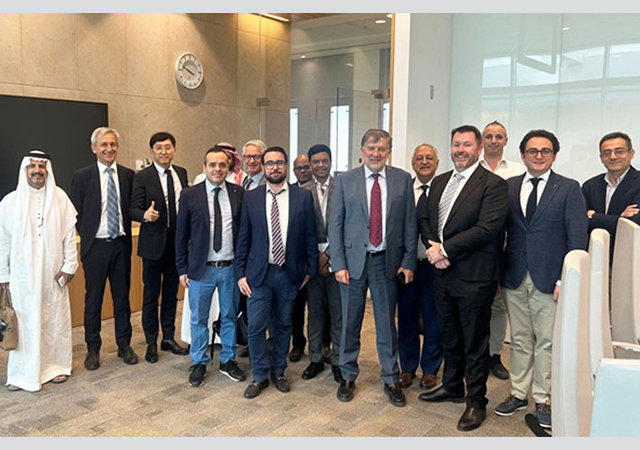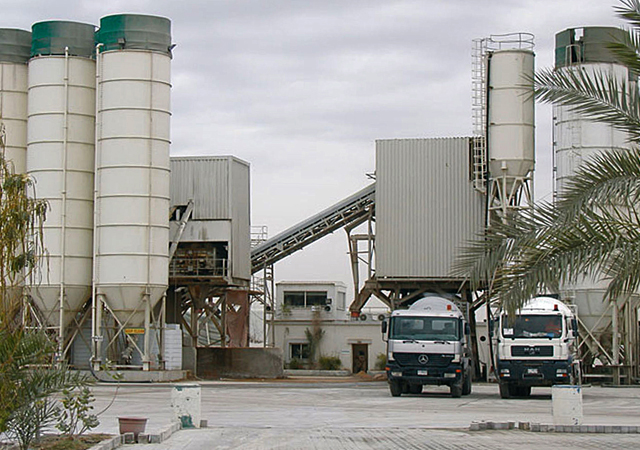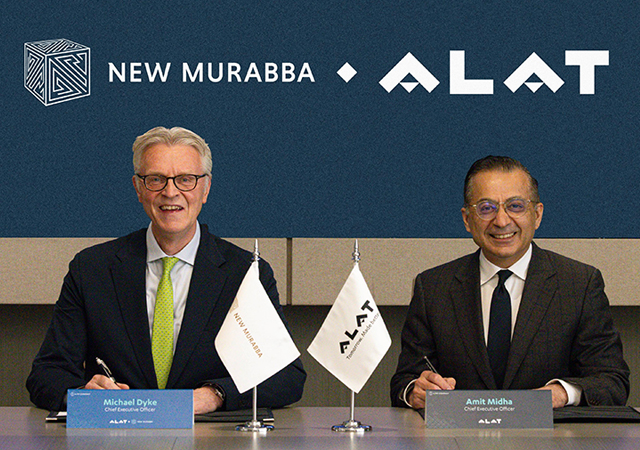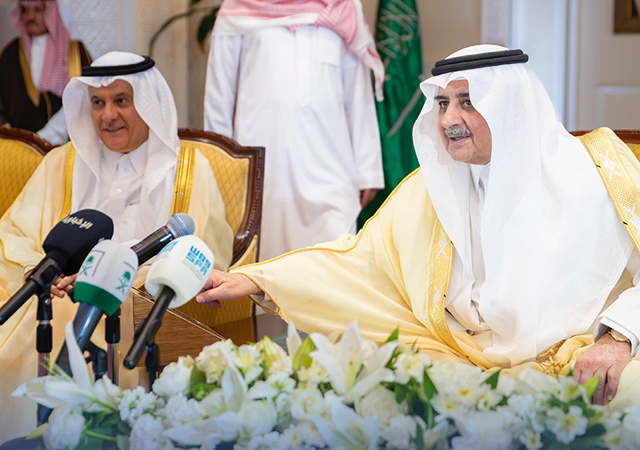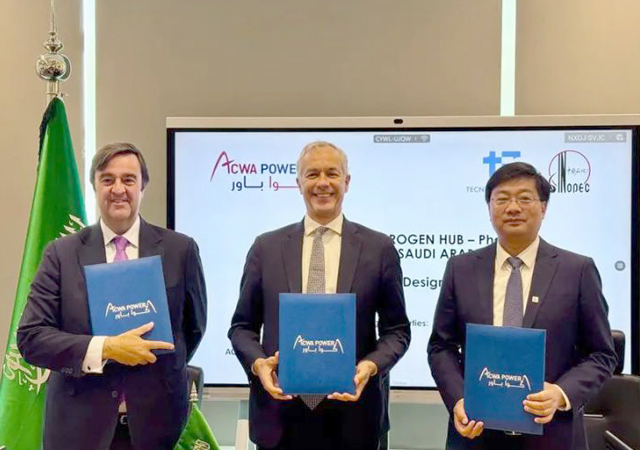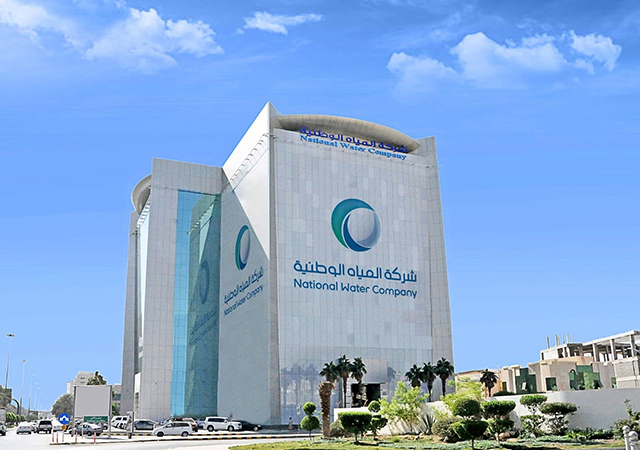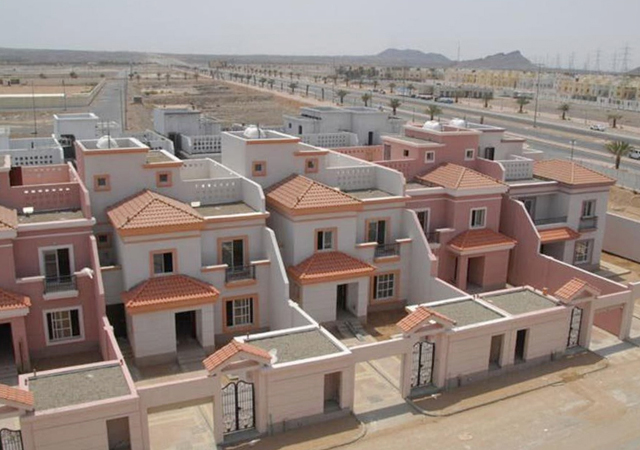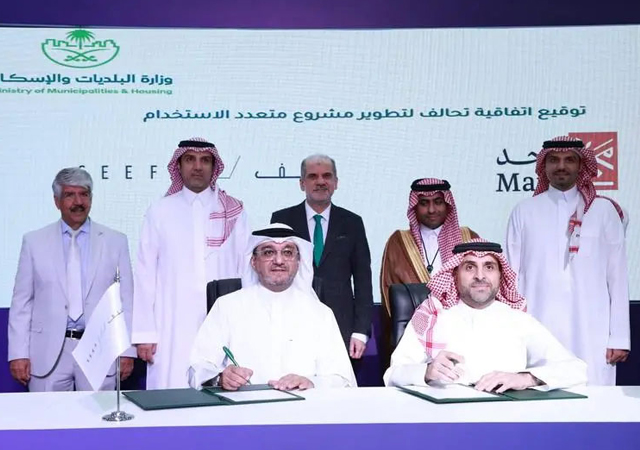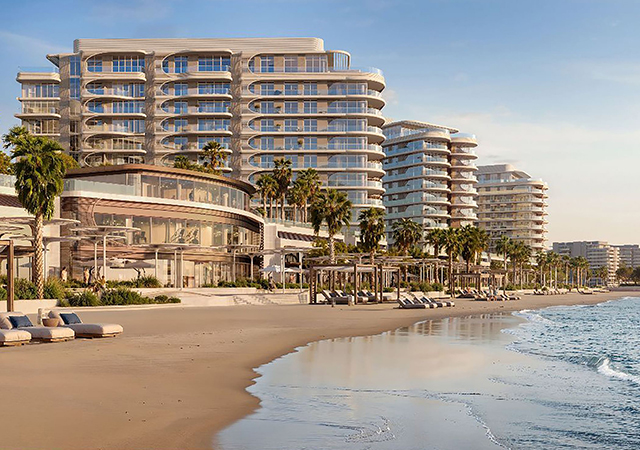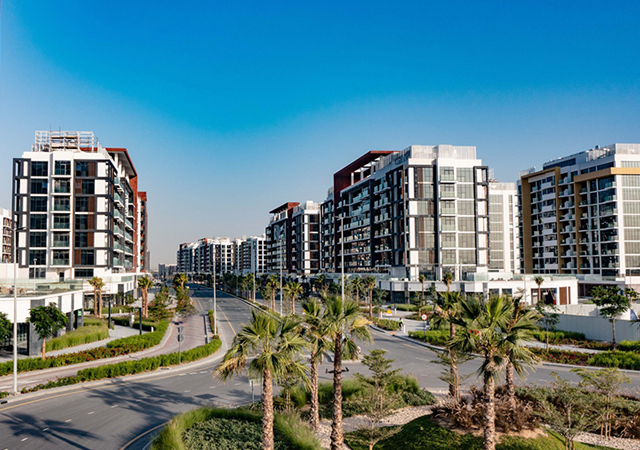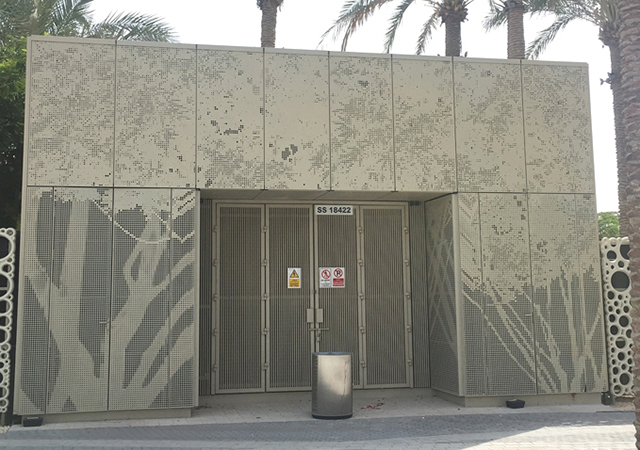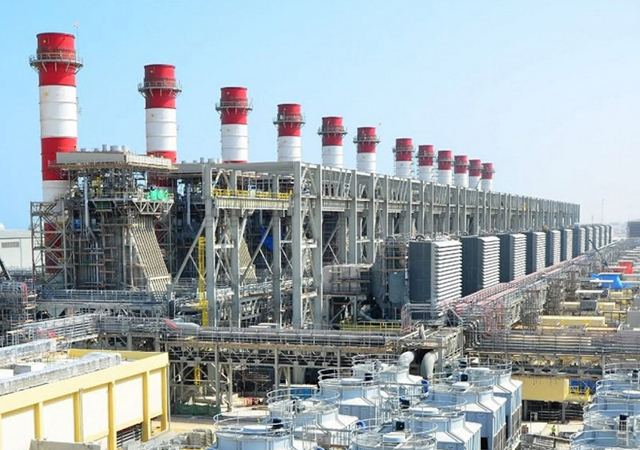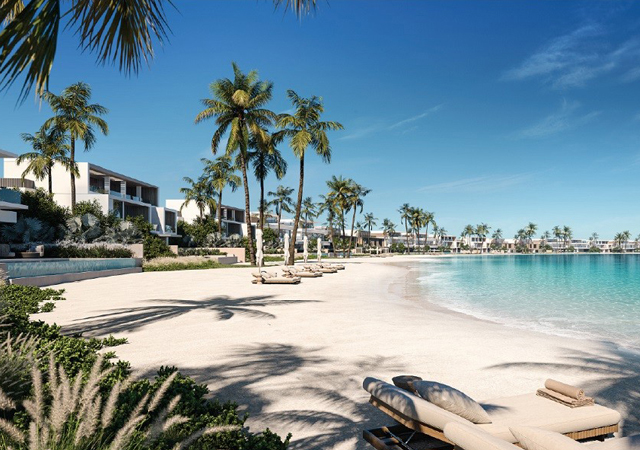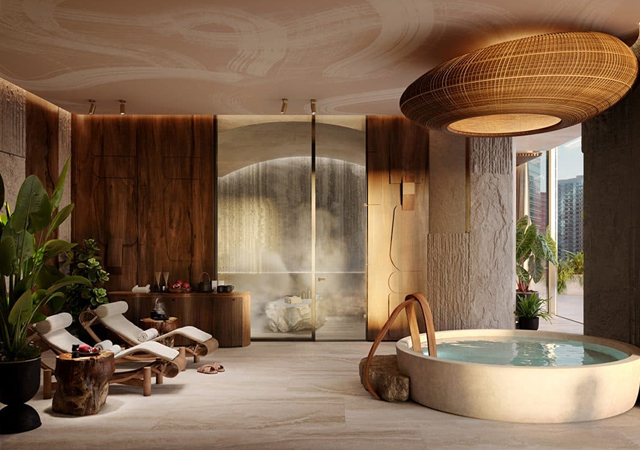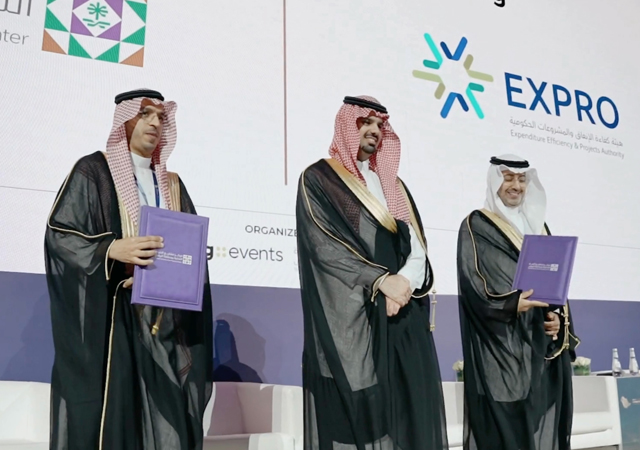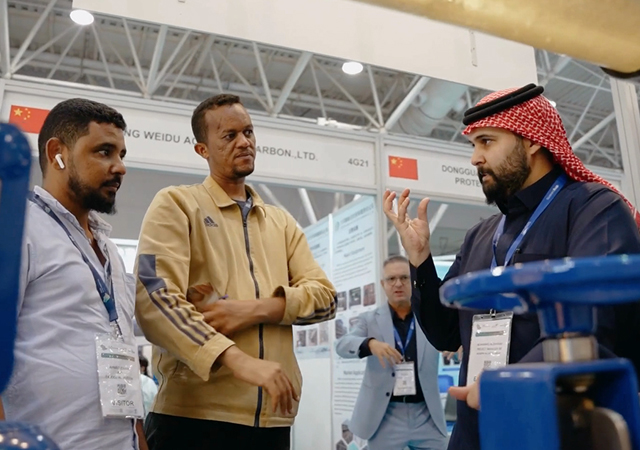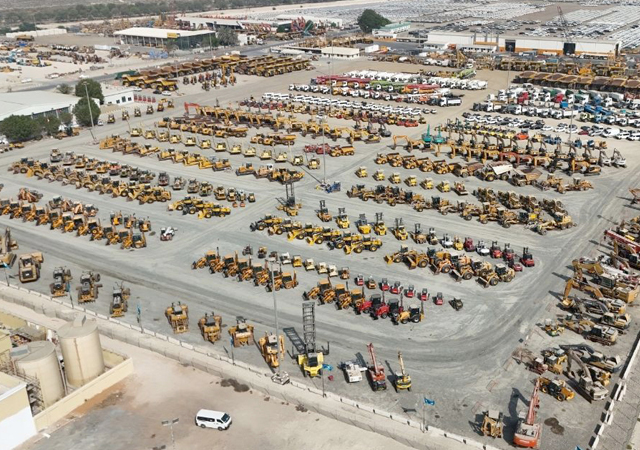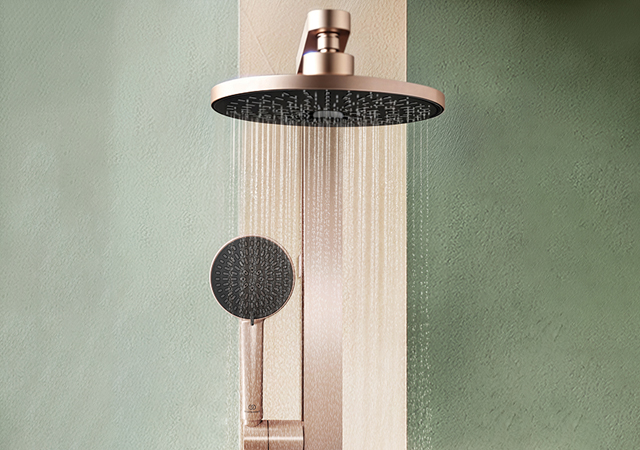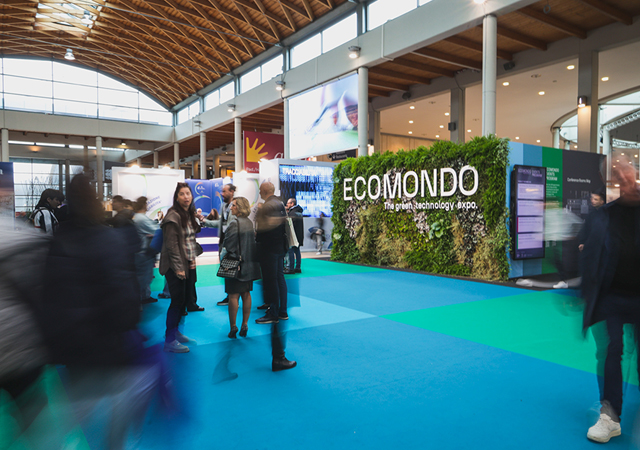
 TCPG’s stand at Unicera this year ... full participation.
TCPG’s stand at Unicera this year ... full participation.
THE Gulf and the wider Middle East region has traditionally been a strong market for Turkish ceramics products. In fact, it continues to grow with no signs of stagnation, says a top official for the country’s ceramics export promotion board.
“The Gulf has always been a good market for Turkish ceramics. With the Iraqi market improving, we are now focusing on the country, which is on our top 10 list,” says Turkish Ceramics Promotion Group (TCPG) chairman Bahadır Kayan. “Elsewhere, we have a new FTA (free trade agreement) with Syria which has significantly reduced the taxes on imports. That’s a nice market to be in. Likewise, Saudi Arabia is a good market as was the UAE until the crisis that hit Dubai,”
Founded in 1997 under the Turkish Ceramic Federation, the TCPG’s exerts efforts to brand and promote Turkish ceramics globally. Its main activities range from participating in fairs to organising events in many foreign countries. In addition, campaigns have been launched in recent years to attract traffic to the group’s stands at fairs and to increase awareness, create a brand image and ultimately boost interest in Turkish ceramics.
 |
|
Kayan ... Gulf is a strong area. |
Kayan says the TCPG keeps the government informed about the obstacles faced by the sector and pushes to improve the railway infrastructure and incentives to the sector. As for government assistance, he says while the ceramics sector wasn’t getting preferential treatment, it has been making use of general state incentives that it can avail of.
The group was a participant at the inaugural Big 5 Saudi Arabia held in Jeddah, Saudi Arabia (February 27 to March 2) and will visit the region a second time this year, when it visits The Big 5, Dubai, UAE (November 21 to 24). Apart from these events, TCPG has this year participated at Unicera in Istanbul, Turkey (March 2 to 6), Coverings in Las Vegas, US (March 14 to 17) and ISH in Frankfurt, Germany (March 15 to 19). It will be visiting the internationally-acclaimed Cersaie in Bologna, Italy from September 20 to 24.
Commenting on Unicera, which is now in its 23rd edition, Kayan says the event has grown year on year. “We noticed that in 2009, there were lots of foreign visitors, not only from adjacent regions but also from European countries and the Far East. This was followed by a lull in foreign attendance last year but this year again we have experienced an increased number of foreign visitors from a diverse geography, from Belgium to Sudan and from France to Hong Kong. This indicates that Unicera is becoming more of an international event particularly attracting visitors from the European, and Middle East and North Africa regions – in fact, every country that falls within a three to four-hour flight distance.”
This is not surprising given that the Turkish ceramics industry has been very active in exports in various countries.
“Also, the quality of the show is rising. Going around the booths, one would have seen that the novelties displayed are state of the art. We at the Turkish Ceramics Group also focus on promoting the fair alongside the organisers,” he adds.
The fair, Europe’s third largest in the ceramic bathrooms and kitchens sector, was organised by Tuyap Fair and Exhibition Organisation in cooperation with the Turkish Ceramic Federation and Sanitary Ware and Construction Materials Producers Association (Timder) at the Tuyap Fair, Convention and Congress Centre in Istanbul.
This year, Unicera registered a total of 60,841 visitors from 71 countries – 3,530 of them arriving from Europe, the Middle East and Africa. Compared to last year, the event saw a 14 per cent increase in number of exhibitors, attracting 226 firms and representatives from 19 countries, which set up stalls over 98,000 sq m of exhibition space. The 2010 event was attended by 53,394 visitors from 69 countries, 2,883 of them from abroad.
On show at Unicera were ceramic tiles, vitreous ware, pools, saunas, taps, bathroom and kitchen furniture, sustainable sanitary ware products and natural stone tiles, accessories and related publications, as well as digitally-printed ceramic tiles, produced using the latest technologies.
A total of 27 companies from the TCPG attended the show displaying their latest innovative and stylish products. These included Altın Ceramic, Bien Ceramic, Creavit, Dogvit, Duratiles – Duravit, Ece Sanitary Ware, Ege Ceramic and Sanitary Ware, Graniser, Granist, Hitit Ceramic, Idevit, Kale (Canakkale Ceramic – Kalebodur), Kutahya Ceramic, Pera Ceramic, Sanovit, Seramiksan, Seranit, Serel, Sogutsen Ceramic, Tamsa Ceramic and Granite, Termal Ceramic, Turkuaz Ceramic and Sanitary Ware, Umpas Ceramic, Usak Ceramic, Vitra, Yurtbay and Yuksel Ceramic.
Unicera exhibitors expressed satisfaction with the fair and affirmed that such events not only boost their individual business but also the sector as a whole.
According to the TCPG, about 68 firms are involved in the production of ceramics in Turkey – 28 of which produce ceramic tiles and the remaining 40 producing sanitary ware. With the combined output of these firms, Turkey is the world’s ninth and Europe’s third largest producer in ceramic tiles. The country is also the top producer and exporter of sanitary ware in Europe.
Kayan says Turkey’s ceramics manufacturers are making a concerted effort to change perceptions that the industry competes only on price, and are positioning their ceramics as a brand of choice. “The focus is not solely on quality as we are also highlighting excellence in designing and harmony. Rather than just marketing individual products, we’ve started to create strong brands in the spirit of collaboration.”
He says Turkish ceramic companies have really proved successful in keeping abreast with the latest trends, and offer some new conceptual products of tiles and different designs.
In line with global demand and trends, Turkish ceramics companies have become increasingly environment-friendly and are using the latest green technologies to meet international and especially European environmental standards. All companies have quality control departments that ensure all standards are met during the manufacturing process, says Kayan.
While industrial production of Turkish ceramic ware actually started in 1950, the country has been handcrafting ceramics for nearly 8,000 years. Today, Turkey is among the world’s leading ceramic tile and sanitary ware manufacturing countries with rapidly rising export figures and production capacity. “The country’s production capacity – which has reached €2 billion ($2.83 billion) in value through investments in modern technology and high quality raw material reserves – is enhancing the competitiveness of the Turkish ceramics industry in the global markets,” he says.
In 2010, Turkey’s installed capacity reached 400 million sq m in ceramic tiles and 21 million pieces in ceramic sanitary ware. It exported 90 million sq m of ceramic tiles and six million pieces in sanitary ware. The industry, which exports 35 per cent of its tile production worth $480 million and 40 per cent of its ceramic sanitary ware worth $160 million, ranks fourth in the world in exports and presently, is the largest exporter in Europe of ceramic sanitary ware.
“The Turkish ceramic industry has gained a reputation in the world as our country is rich in raw material used in ceramic production, it has trained manpower and has made recent investments in technology. Our products are almost entirely produced using domestic inputs,” Kayan concludes.






